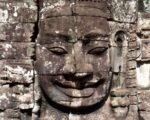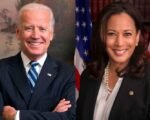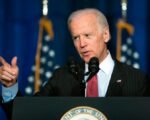Utah is set to become the first state in the nation to offer Medicaid coverage for traditional healing services to its tribal members. This is a historic step towards improving the health and well-being of the Indigenous population in the state.
What are traditional healing services?
Traditional healing services are practices that have been used by Native Americans for centuries to treat physical, mental, emotional, and spiritual ailments. They include ceremonies, rituals, herbal remedies, and consultations with healers or elders. These services are often culturally and spiritually significant for the Indigenous people, and they complement the Western medicine that they also receive.
How will the Medicaid coverage work?
The Medicaid coverage for traditional healing services is part of a bill, SB181, sponsored by Sen. Luz Escamilla, D-Salt Lake City. The bill would require the Department of Health and Human Services to apply for a Medicaid waiver related to traditional healing services. The waiver would allow the state to reimburse tribal health organizations for providing these services to eligible Medicaid enrollees.

The bill estimates that about 1,100 Native Americans in Utah would use the Medicaid coverage for traditional healing services, and that the cost would be about $2.6 million in fiscal year 2026 and $5 million in fiscal year 2027. The federal government would cover 70% of the cost, while the state would cover the remaining 30%.
Why is this important for Utah’s tribes?
The Medicaid coverage for traditional healing services is important for Utah’s tribes because it would increase their access to culturally appropriate and holistic care. Many tribal members face barriers to accessing health care, such as lack of transportation, language barriers, and mistrust of the health system. By offering Medicaid coverage for traditional healing services, the state would acknowledge and respect the tribal sovereignty and self-determination of the Indigenous people.
The Medicaid coverage for traditional healing services would also benefit the health outcomes and quality of life of the tribal members. According to the Utah Department of Health, Native Americans in Utah have higher rates of chronic diseases, such as diabetes, heart disease, and cancer, than the general population. They also have lower life expectancy and higher suicide rates. By providing Medicaid coverage for traditional healing services, the state would address the social determinants of health and the historical trauma that affect the Indigenous population.
What are the next steps?
The bill, SB181, has passed the Senate Health and Human Services Committee with a unanimous vote. It will now go to the Senate floor for further debate and voting. If it passes the Senate, it will then move to the House for consideration. If it passes both chambers, it will then go to the governor for approval. If the governor signs the bill, the state will then submit the Medicaid waiver application to the federal government for approval. The process could take up to two years before the Medicaid coverage for traditional healing services becomes effective.














